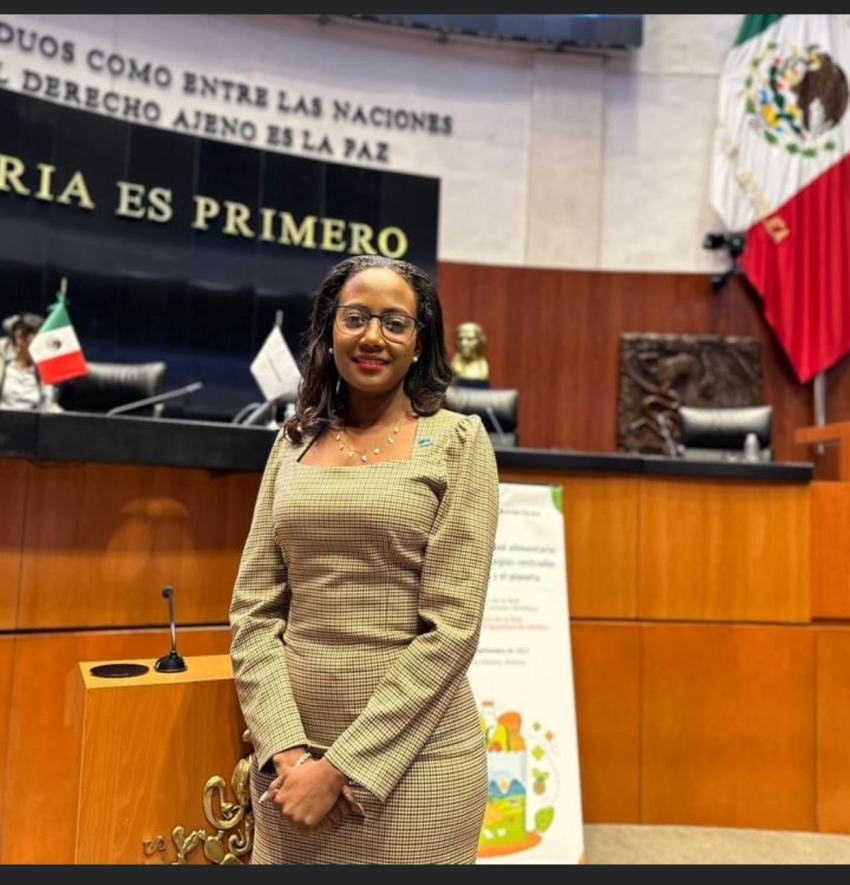Saint Lucia, as far as the developed world is concerned, is the region’s hub for gender equality and women’s empowerment. Senator Lisa Jawahir, ParlAmericas’ Vice President for Gender Equality, discussed the importance of affirmative action for women in fostering development in countries like Saint Lucia. She links together three popular global concepts - gender equality, sustainable development, and the livable wage.
“To achieve sustainable development, you must have gender equality. The statistics show that when women are involved in economic participation, the overall GDP develops in a country by almost 40%,” Jawahir explained. The United Nations has taken a bold stance, declaring that for a country to record economic growth, gender inequalities must be stopped. The organisation also urges governments to address unpaid care and domestic work, calling it “The Care Economy”.
Senator Jawahir says the Care Economy in Saint Lucia is seen in cases of caregivers and housewives. Although “housewife” is listed as a profession, she says, these women are unable to access the services of financial institutions with this form of employment.
“[This] is not something we have fully implemented and what the Care Economy is about is how can women get value for unpaid work in the home. A lot of them were displaced from their jobs and they have become full-time mothers or full-time home caregivers, but they cannot go to the bank with that. There’s no value in that. Our government is looking into establishing some kind of legislation that would definitely add value and recognition for unpaid work, especially unpaid work,” she explained.
For the Care Economy to be developed in Saint Lucia, she noted, a Livable Wage must first be enacted. This term - Livable Wage - has been adopted in place of “minimum wage”. The Livable Wage is the minimum salary a worker needs in order to meet their basic needs, considering economic and social conditions. “We are really excited and we are advocates to push for it. Unless we have a Livable Wage, we really cannot measure what value can be placed on work and that would be left up to a private entity. It is really unfair that year after year, a lot of Saint Lucians continue to suffer because most people have been taken advantage of. We want the collaboration of the private, as well as public sector,” she says.
Gender leaders from across the region met in Saint Lucia to find avenues for gender equality. Saint Lucia’s Domestic Violence Act, passed in 2022, is considered the most progressive in the region. Regional governments are committed to bridging the existing gender gap.


